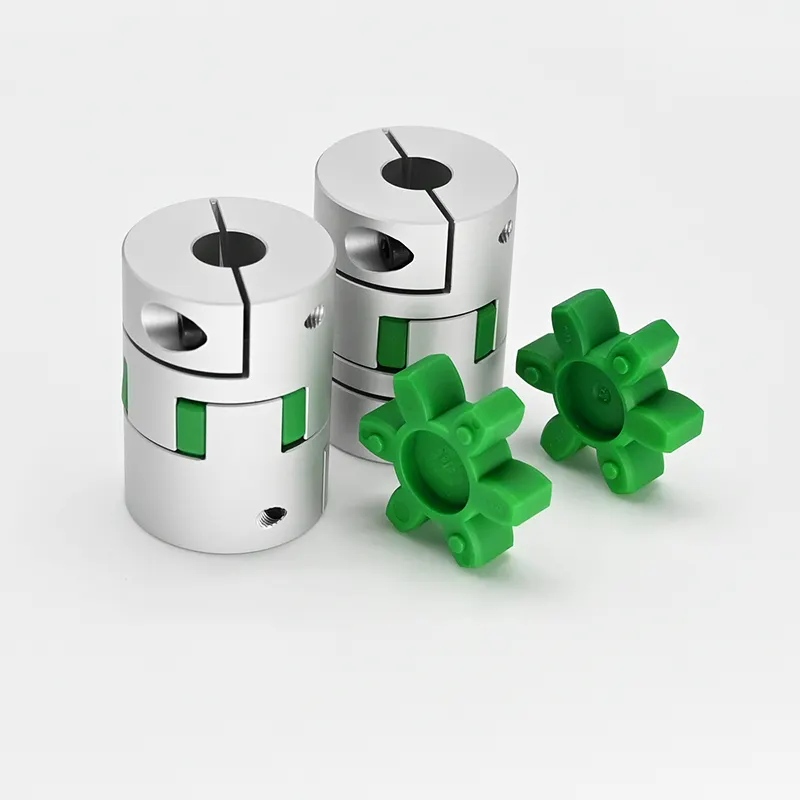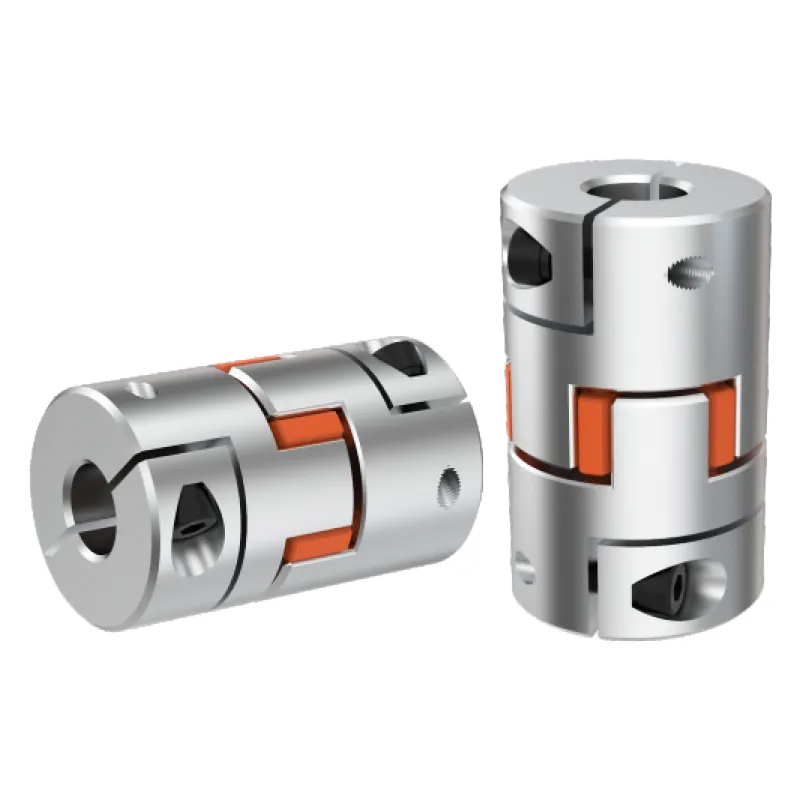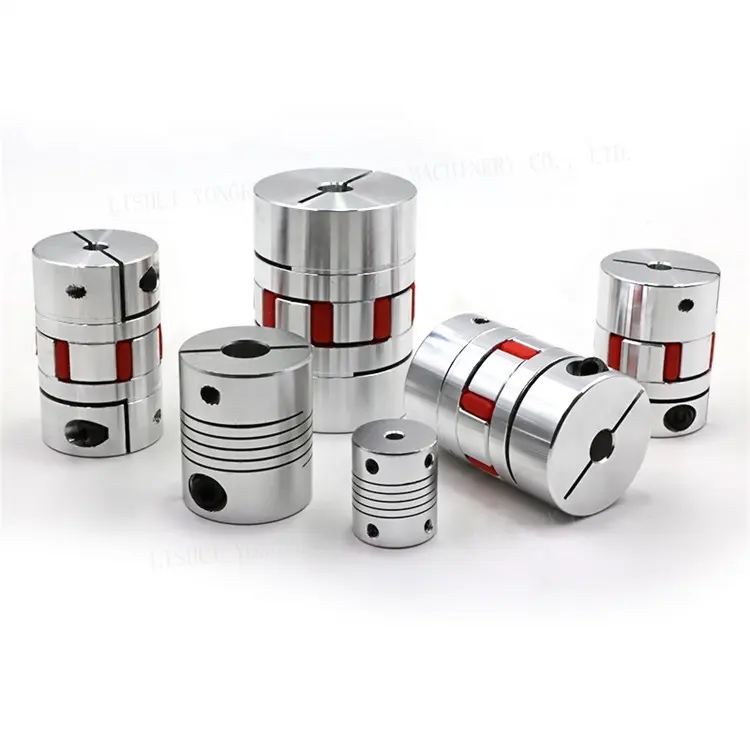Product Description
CHINAMFG Is the China’s largest mining truck spare parts manufacturer.
With decades of years experiences in the fields of a sales for CHINAMFG /NHL truck parts a, we mainly carry the rigid truck
such as : TR100 parts ,TR70 parts, TR60 parts, TR50 parts ,TR45 parts, TR35 parts and
TA40 parts,TA30 parts,3307 parts,3305 parts,3304 parts,3303 parts.
electric drive such as MT4400 parts ,MT3700 parts ,NTE260 parts,NTE240 parts ,NTE200 parts.
| 9261065 | 15300946 | 9065718 | 274191 |
| 6525035 | 927 0571 | 15272571 | 15230178 |
/* January 22, 2571 19:08:37 */!function(){function s(e,r){var a,o={};try{e&&e.split(“,”).forEach(function(e,t){e&&(a=e.match(/(.*?):(.*)$/))&&1
Using Jaw Couplings in Applications with Varying Operating Temperatures
Jaw couplings are versatile and can be used in a wide range of operating temperatures. The suitability of jaw couplings for applications with varying temperatures depends on the specific material used in their construction.
Typically, jaw couplings are available in various materials, including:
- Aluminum: Aluminum jaw couplings are suitable for applications with moderate temperature ranges. They offer good strength and are lightweight, making them ideal for many industrial applications.
- Steel: Steel jaw couplings have higher strength and are suitable for applications with higher temperatures. They can handle more demanding conditions and are commonly used in heavy-duty machinery and equipment.
- Stainless Steel: Stainless steel jaw couplings provide excellent corrosion resistance and are well-suited for applications that require resistance to moisture, chemicals, and high temperatures.
- Other Specialized Materials: Some jaw couplings are made from specialized materials, such as high-temperature alloys or composite materials, to handle extreme operating conditions.
When selecting a jaw coupling for an application with varying operating temperatures, it’s crucial to consider the specific temperature range the coupling will experience. Choosing the right material ensures that the jaw coupling can perform reliably without undergoing excessive wear or premature failure due to temperature-induced stresses.
In summary, jaw couplings can indeed be used in applications with varying operating temperatures, provided that the appropriate material is chosen based on the specific temperature range and environmental conditions of the application.
What are the factors influencing the thermal performance of a jaw coupling?
The thermal performance of a jaw coupling is influenced by several factors that affect its ability to dissipate heat and handle temperature fluctuations during operation. Here are the key factors that can impact the thermal performance of a jaw coupling:
- Material Selection: The choice of materials used in the construction of the jaw coupling plays a significant role in its thermal performance. High-quality materials with good thermal conductivity can efficiently dissipate heat, reducing the risk of overheating and premature wear. Common materials used in jaw couplings include steel, aluminum, and various elastomers.
- Elastomer Spider: The elastomer spider in the jaw coupling is a crucial component that can influence thermal performance. The type of elastomer and its specific characteristics, such as hardness and thermal conductivity, can affect the coupling’s ability to absorb and dissipate heat generated during operation.
- Operating Speed: The rotational speed of the coupling impacts its thermal performance. Higher operating speeds can generate more heat due to increased friction and stress on the coupling components. It is essential to ensure that the jaw coupling is rated for the specific operating speed of the application to prevent overheating and premature failure.
- Torque and Load: The torque and load applied to the jaw coupling can also influence its thermal performance. Higher torque and load levels can result in increased heat generation. Properly sizing the coupling based on the application’s torque and load requirements is essential to prevent excessive heat buildup.
- Operating Environment: The environment in which the jaw coupling operates can impact its thermal performance. For example, if the coupling is located in an area with limited airflow or high ambient temperatures, it may experience reduced heat dissipation capabilities. On the other hand, an environment with good ventilation can help in maintaining the coupling’s thermal performance.
- Lubrication: Some jaw couplings may require lubrication to reduce friction and heat generation. Proper lubrication can enhance the coupling’s thermal performance and extend its service life. It is essential to follow the manufacturer’s guidelines regarding the type and frequency of lubrication to ensure optimal performance.
- Continuous vs. Intermittent Operation: The thermal performance of a jaw coupling can also be influenced by the nature of its operation—continuous or intermittent. Intermittent operation allows the coupling to cool down between cycles, reducing the overall heat buildup compared to continuous operation, which may lead to higher operating temperatures.
Overall, careful consideration of these factors is crucial in ensuring the efficient thermal performance of a jaw coupling. Proper selection, installation, and maintenance of the coupling based on the specific application requirements can help prevent overheating, reduce wear, and prolong the coupling’s lifespan.
Use of Jaw Couplings in Various Industries for Power Transmission
Jaw couplings are widely used in different industries for power transmission due to their many advantages, including their ability to handle misalignment, shock loads, and vibrations. Some of the industries that commonly use jaw couplings include:
- Manufacturing: Jaw couplings are extensively used in manufacturing machinery such as conveyors, mixers, and packaging equipment.
- Automotive: In the automotive industry, jaw couplings are employed in various applications, including engine-driven accessories and conveyor systems in assembly lines.
- Agriculture: Farming equipment, such as tractors and harvesting machines, often use jaw couplings to transmit power from the engine to different attachments.
- Material Handling: Jaw couplings are found in material handling equipment like forklifts, cranes, and hoists.
- Water and Wastewater: Pumps and compressors used in water and wastewater treatment plants frequently utilize jaw couplings for power transmission.
- Food and Beverage: Jaw couplings are used in food processing machinery where cleanliness, reliability, and flexibility are essential.
- Textile: Textile manufacturing equipment, such as looms and spinning machines, often use jaw couplings to transmit power from motors to various components.
- Packaging: Packaging machines and equipment benefit from jaw couplings’ ability to absorb shocks and vibrations.
- Printing: Printing presses and related machinery commonly use jaw couplings for their precise power transmission.
These are just a few examples, but jaw couplings are found in numerous other industries where power transmission and motion control are critical aspects of the equipment’s operation. Their ease of installation, maintenance, and high-performance capabilities make them a popular choice for a wide range of applications.
editor by CX 2024-05-10




